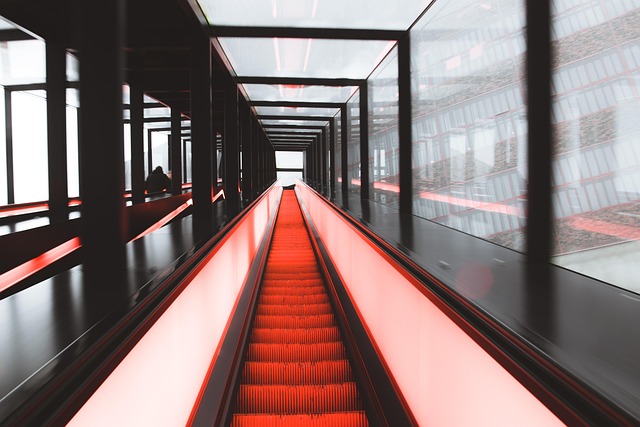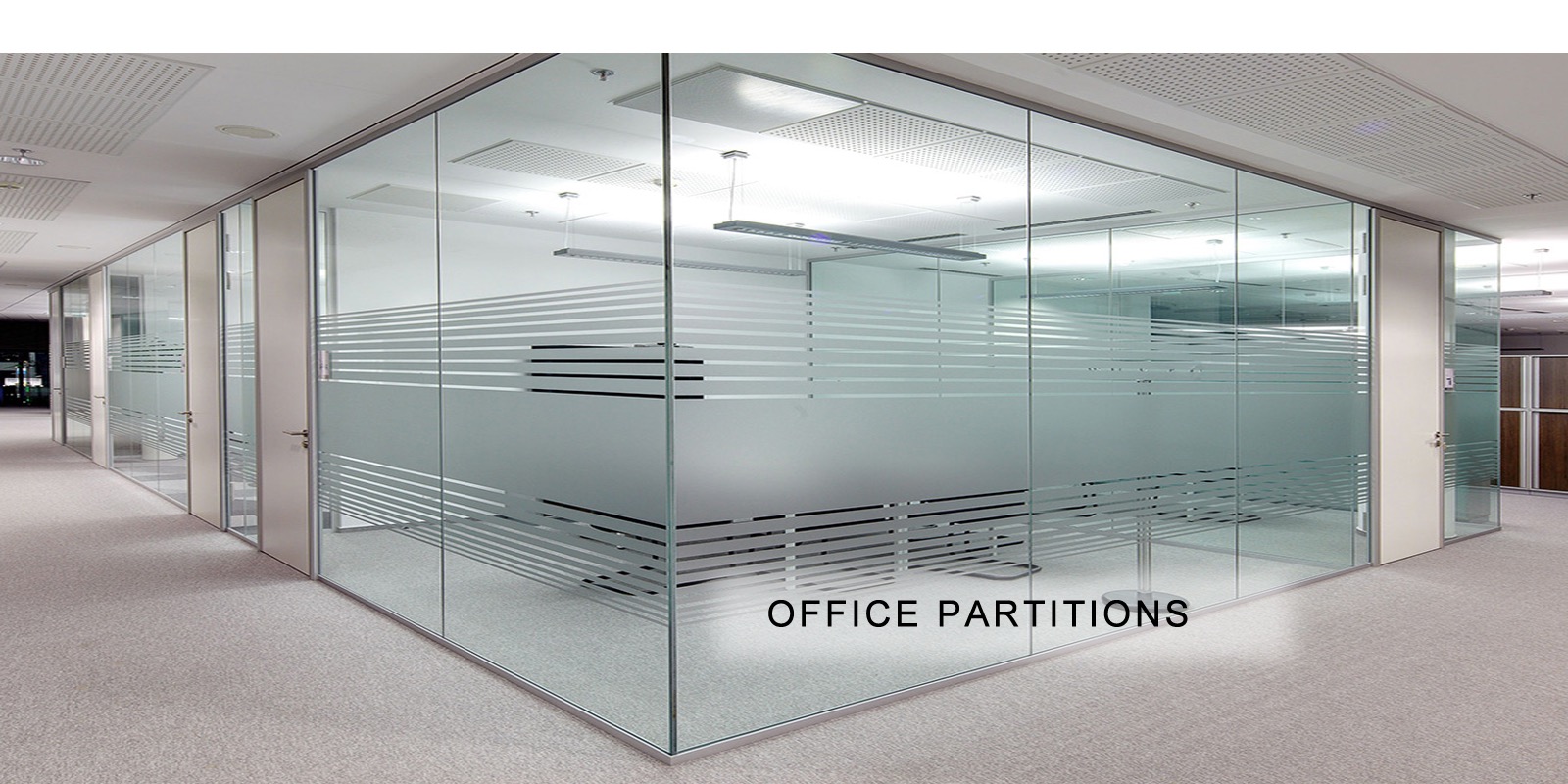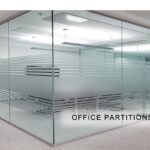
Balustrades are more than just protective railings—they are a key design element that adds safety, style, and value to your property. Whether you’re renovating an apartment in Kilimani or building a townhouse in Runda, installing balustrades in Nairobi requires thoughtful planning. From materials and costs to safety regulations and design choices, this guide outlines everything you need to know before getting started.
Understanding the Role of Balustrades
Balustrades serve two essential functions: safety and aesthetics. Commonly used on staircases, balconies, rooftops, and terraces, they prevent accidental falls while enhancing the architectural character of a building. In Nairobi, where multi-level properties are increasingly common, balustrades have become a staple in modern construction.
Types of Balustrades Available in Nairobi
Before installation, it’s vital to understand the types of balustrades you can choose from:
1. Glass Balustrades
Sleek and modern, glass balustrades are ideal for Nairobi homes with contemporary architecture. They provide unobstructed views and are often used in high-end apartments and rooftop terraces.
- Pros: Elegant appearance, low maintenance, corrosion-resistant
- Cons: Higher initial cost, requires professional installation
2. Stainless Steel Balustrades
These are popular in Nairobi due to their durability and minimal maintenance. They blend well with both modern and traditional styles.
- Pros: Weather-resistant, long-lasting, affordable
- Cons: Can get hot under the sun, prone to fingerprints
3. Wooden Balustrades
Wood adds warmth and character, making it suitable for rustic or traditional homes, particularly in suburban estates around Karen and Ngong.
- Pros: Natural look, customizable
- Cons: Susceptible to weather damage and termites
Balustrade Safety Standards in Kenya
Kenya has building codes that regulate balustrade height, spacing, and structural strength. The National Building Code of Kenya recommends a minimum balustrade height of 1 meter for balconies and 900 mm for staircases.
Spacing between vertical elements should not allow a sphere larger than 100 mm to pass through, to prevent accidents involving small children.
Before installation, consult a licensed architect or contractor familiar with Nairobi County building regulations.
Factors to Consider Before Installation
1. Property Location and Weather
Nairobi’s moderate climate is friendly to most materials, but areas prone to dust or rain, like Kitengela or Ruai, may demand weather-resistant finishes, especially for outdoor use.
2. Design Style
Balustrades should complement your overall architectural theme. For example, frameless glass suits modern apartments, while wrought iron fits colonial-style homes.
3. Budget
Installation costs vary based on material and design. On average:
- Glass balustrades cost between KSh 8,000 – 15,000 per meter
- Stainless steel balustrades range from KSh 4,000 – 9,000 per meter
- Wooden balustrades can cost KSh 3,500 – 7,000 per meter
These are estimates, and prices fluctuate based on supplier and customization.
4. Qualified Installers
Always work with certified balustrade installers in Nairobi. Ask for past projects, ensure they follow safety codes, and check customer reviews. Poor installation can compromise safety and durability.
Common Mistakes to Avoid
- Choosing design over safety
- Ignoring local building codes
- Hiring unqualified installers
- Not accounting for future maintenance needs
Installing balustrades in your Nairobi property is a long-term investment in safety, beauty, and property value. Whether you’re drawn to glass, steel, or wood, the key lies in balancing function, form, and compliance. Do your homework, consult professionals, and choose wisely—you’ll enjoy the results for years to come.



